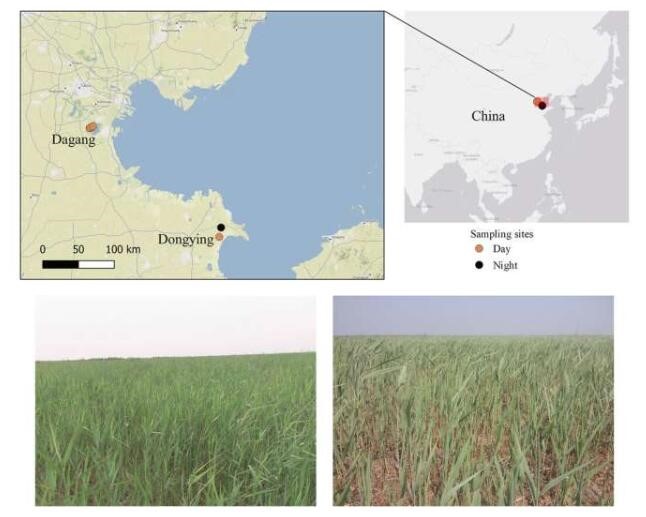
Okt . 31, 2024 06:30 Back to list
systemic insecticide with imidacloprid products
The Role of Systemic Insecticides Spotlight on Imidacloprid
In the ever-evolving world of agriculture and pest management, systemic insecticides have gained significant attention for their effectiveness in controlling pest populations. Among these products, Imidacloprid, a member of the neonicotinoid family, has emerged as one of the most widely used systemic insecticides. Its unique mode of action, coupled with its versatility across various crops, makes it a valuable tool for farmers and agricultural professionals.
Imidacloprid works by disrupting nerve transmission in insects. When applied, plants absorb the insecticide through their root systems, allowing it to be transported throughout the plant, including stems, leaves, and flowers. This means that any pest that feeds on these parts of the plant encounters the toxic agent, leading to paralysis and eventual death. Its systemic nature not only provides effective control of a wide range of pests but also offers residual protection, reducing the need for repeated applications.
One of the critical benefits of Imidacloprid is its efficacy against tough pests, such as aphids, whiteflies, and thrips, which can wreak havoc on crops. Farmers appreciate its ability to provide quick action and lasting results, particularly in situations where pests have developed resistance to other insecticide classes. In this respect, Imidacloprid acts as a crucial ally in integrated pest management (IPM) strategies, helping to maintain crop yields and quality.
systemic insecticide with imidacloprid products

However, the use of Imidacloprid is not without controversy. Environmental concerns have surfaced regarding its impact on non-target insects, particularly pollinators such as bees. Studies have indicated that neonicotinoids may contribute to the decline of bee populations, leading to increased scrutiny and regulatory action in several countries. Consequently, there is a growing emphasis on using these products responsibly, ensuring that they are applied under conditions that minimize risks to beneficial insects.
In response to these challenges, the agriculture industry is exploring alternative solutions and formulations that reduce the potential ecological impact while maintaining pest control efficacy. The development of targeted application methods and the promotion of biological control agents are examples of how modern agriculture is adapting.
In conclusion, systemic insecticides like Imidacloprid play a vital role in contemporary pest management, offering effective control against various pest species. However, as awareness of their environmental effects increases, it is crucial for stakeholders in agriculture to find a balance between effective pest management and ecological preservation. Ongoing research and responsible use will be key in shaping the future of systemic insecticides in sustainable agricultural practices.
-
Azoxystrobin: Broad-Spectrum Fungicide Solutions
NewsAug.11,2025
-
Best EPA Boscalid: Superior Crop Fungicide for Max Yields
NewsAug.11,2025
-
Best Willowood Imidacloprid: Superior Pest Control Solutions
NewsAug.10,2025
-
Best EPA Boscalid Fungicide: Ultimate Crop Protection
NewsAug.09,2025
-
Cyprodinil Fungicide: Broad-Spectrum Crop Protection
NewsAug.08,2025
-
Tembotrione Herbicide: Advanced 8% OD for Broad Spectrum
NewsAug.07,2025
